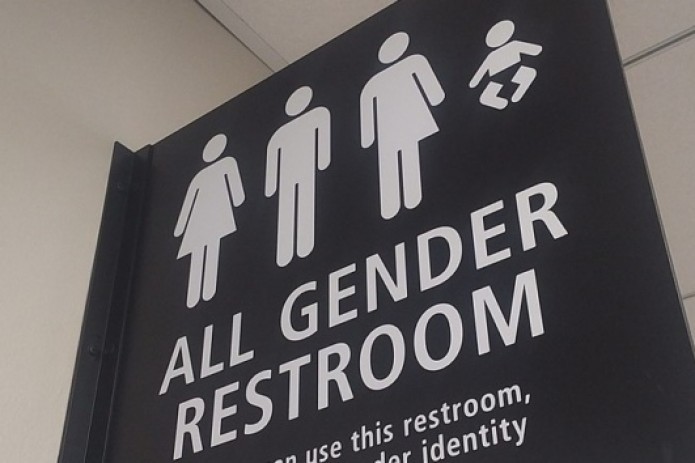WHO plans to officially recognize third gender
WHO plans to officially recognize third gender

WHO plans to recognize the existence of a third gender at the official level. Meanwhile, medical experts say the move is "disturbing" and even "problematic" from a biological standpoint.
The World Health Organization (WHO) plans to revise the guidance on gender mainstreaming. As a consequence, a "third gender" may appear in official documents, not just limited to men or women. This is stated in the official statement of the organization.
The first edition of the guide was published by WHO in 2011. However, due to new scientific evidence and "conceptual advances in the field of gender, health and development", the organization plans to finalize a document for health leaders.
At the same time, it recognizes that gender inequality is a cross-cutting determinant of health that operates in conjunction with other forms of discrimination based on factors such as age, socioeconomic status, ethnicity or place of origin, and sexual orientation. The Guidelines provide a framework for combating any form of health discrimination.
“Isolating and expanding the concept of intersectionality, which looks at how gender power dynamics interact with other hierarchies of privilege or disadvantage, leading to inequalities and different health outcomes for different people,” the WHO said in a statement.
Intersecting factors include gender, ethnicity, race, age, class, socioeconomic status, religion, language, geographic location, disability status, migratory status, gender identity and expression, sexual orientation, and political situation.
However, in the new guidance, WHO plans to “go beyond binary approaches to gender and health to recognize gender diversity or the notion that gender identity exists on a continuum and gender is not limited to male or female.”
In turn, medical experts consider this move "unscientific" "disturbing" and even "problematic".
“This rejection of basic biology is a mistake. Biology is a key determinant of health and disease. Lack of a clear understanding of the fundamentals of biology opens the door to a range of problems, including very poor health communication and data corruption,” said Coventry University obstetrics expert Professor Jenny Gamble.





.png)



















